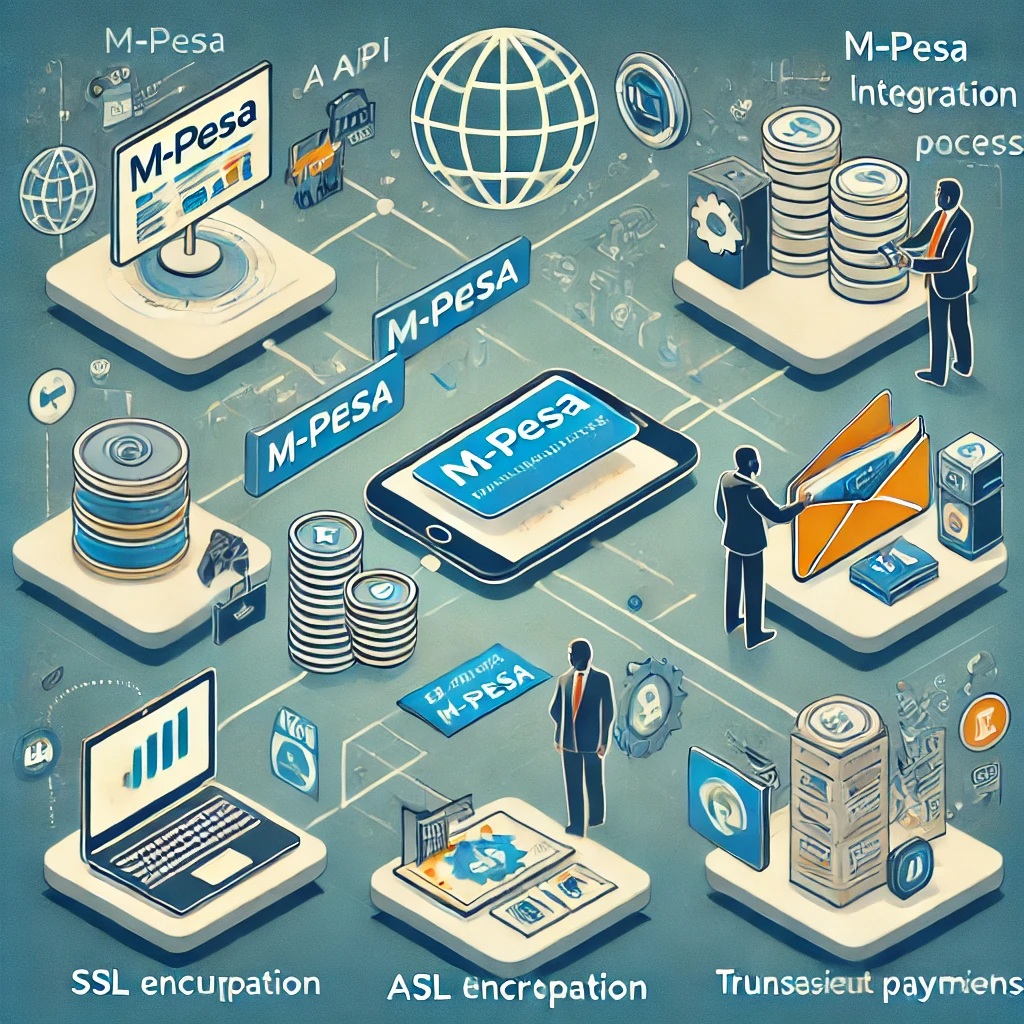No products in the cart.
Blockchain Technology And Its Use In The Financial Industry
Financial services, like all other industries, are finding ways to utilize the new and advancing technologies in order to improve their operations and increase efficiency. Blockchain technology is one of these new advancements that have been gaining traction in the financial sector due to its secure and decentralized nature. In this article, we will explore how blockchain technology can be utilized in the financial industry as well as its sensible use for increased security and improved productivity.
Blockchain Technology And Its Use In The Financial Industry
Blockchain technology is a digital ledger that allows transactions to be recorded and verified securely. It is a distributed database that is not controlled by any single entity, making it resistant to fraud and tampering.
The financial industry has been quick to adopt blockchain technology. The use of blockchain in the financial sector can be divided into three main categories: payments, trading, and compliance.
Payments:
Blockchain technology can streamline payments between parties. For example, international money transfers can be completed quickly and cheaply using blockchain-based solutions such as Ripple.
Trading:
Blockchain can also be used to settle trades between parties. This can reduce settlement times from days or even weeks down to near-instantaneous.
Compliance:
One of the most promising use cases for blockchain in the financial industry is compliance. By recording all data on a blockchain, financial institutions can create an immutable record of transactions that can be audited easily.
There are many other potential uses for blockchain technology in the financial sector. These include KYC (know your customer) checks, fraud prevention, and asset management. The full potential of blockchain technology has yet to be realized, but the financial industry is already benefiting from its use.
How Does it Work?
Blockchain technology is a digital ledger that allows transactions to be securely recorded and verified. This makes it an ideal tool for the financial industry, where accuracy and security are of the utmost importance.
The blockchain is a distributed database, meaning that it is spread across many computers, each of which has a copy of the entire blockchain. This makes it virtually impossible for anyone to tamper with the data, as they would need to change every copy of the blockchain in order to do so.
Each transaction that is recorded on the blockchain is verified by all of the computers in the network before it is approved. This means that there is no need for a third party to verify transactions, as they are already verified by the network itself.
In simple terms, blockchain is a digital ledger that records all transactions made in a network. This ledger is distributed across all nodes (or computers) in the network, meaning that it is public and transparent. Each transaction is verified by consensus among the nodes before it is added to the ledger. This makes blockchain very secure as it is virtually impossible to tamper with or alter any data once it has been recorded on the ledger.
This makes blockchain-based financial systems much more efficient than traditional ones, as there is no need for middlemen or intermediaries. This also reduces costs, as there are no fees associated with verifying transactions.
Use Cases in the Financial Industry
There are numerous use cases for blockchain technology in the financial industry. These include but are not limited to:
1. Reducing the cost of international money transfers
The international transfer system is an expensive and time-consuming process. The reason for this is that the system relies on intermediaries to verify transactions, which introduces fees and delays.
Blockchain technology, on the other hand, relies on a distributed ledger to store records of transactions. This reduces the cost of international money transfers by removing the need for intermediaries.
2. Automating the back-office processes of securities trading
Blockchain is a digital ledger for recording transactions.Each block contains a timestamp and a link to the previous block. Blocks are linked in such a way that they cannot be altered retroactively without modifying all subsequent blocks.
3. Streamlining the process of issuing and managing loans
The blockchain can be used to store loan contracts, process payments, and store other types of data like bank statements. This will help financial institutions to issue loans more quickly and efficiently. It will also make it easier for borrowers to repay loans because they can access their records from any device with an internet connection.
4. Improving the accuracy and timeliness of auditing and reporting
Blockchain has been used in auditing and reporting. The technology can provide real-time auditing and reporting which reduces delays, cost, and helps eliminate third parties from the equation.
5. Reducing fraudulent activities such as money laundering
The blockchain is made up of blocks which are linked together and secured using cryptography. These blocks contain data on transactions which are recorded as a time-stamped series of events in chronological order. The blockchain provides an immutable and transparent ledger that can be shared with anyone who has access to it.
Each of these use cases has the potential to save the financial industry billions of dollars annually. In some cases, such as with international money transfers, blockchain technology can already be found in production. In others, such as with loan issuance and management, experiments are ongoing. Regardless, it is clear that blockchain technology will have a major impact on the financial industry in the years to come.
What are the Benefits of Blockchain?
What are the benefits of using this technology in the financial industry?
The benefits of blockchain technology can be summarized into three main points: security, speed, and cost-efficiency.
1) Security: As mentioned earlier, blockchain is highly secure due to its decentralized nature and consensus-based verification process. This makes it much harder for hackers to tamper with data or commit fraud. In addition, all transactions on the blockchain are immutable and cannot be reversed, meaning that there is no risk of chargebacks or fraud.
2) Speed: Block chain can help reduce the time it takes to settle transactions as there is no need for third-party intermediaries such as banks or clearinghouses. This also leads to reduced transaction costs as middlemen are typically paid
3) Cost-efficient: Block chain is a cost-efficiency technology that can be applied to many industries. The most prevalent use of this technology is in the financial sector. Blockchain has been used for transactions between banks, remittances, and trading in equities and derivatives.
Who Uses Blockchain Technology?
The financial industry has been quick to adopt blockchain technology. Banks and other financial institutions are using blockchain to process payments, settle trades, and clear transactions. Blockchain is also being used to create new types of financial instruments, such as digital currencies and smart contracts.
Blockchain has the potential to revolutionize the financial industry. It could make it easier for people to send and receive money, make it faster and cheaper to settle trades, and reduce the risk of fraud.
However, blockchain is still in its early stages of development, and there are a number of challenges that need to be addressed before it can reach its full potential.
Drawbacks
Though blockchain technology presents a number of advantages for the financial industry, there are also some potential drawbacks that should be considered. One key concern is scalability – as blockchain technology is currently being used more and more, the transaction speed is starting to slow down. This could present a major problem for the financial industry which relies on fast transactions.
Another potential drawback is security – Though blockchain technology is designed to be secure, there have been some high-profile hacks of exchanges and wallets in recent years. This has led to some concerns about whether or not blockchain technology is truly secure enough for the financial industry.
Finally, there is the issue of regulation – The financial industry is heavily regulated, and it’s still unclear how exactly blockchain technology will fit into existing regulations. This could present a major challenge for companies looking to use blockchain technology in their business.
Overall, while there are some potential drawbacks to using blockchain technology in the financial industry, it still presents a number of advantages that make it worth considering.
Conclusion
Blockchain technology has the potential to revolutionize the financial industry. Its capabilities in terms of secure and trusted transactions, automation of processes, and improved efficiency have already been demonstrated in many areas. With its adoption becoming increasingly widespread, we can only expect that it will continue to make significant improvements across all sectors of the financial world. The possibilities are virtually endless for blockchain’s future applications and its potential impact on our lives is yet to be fully realized.





